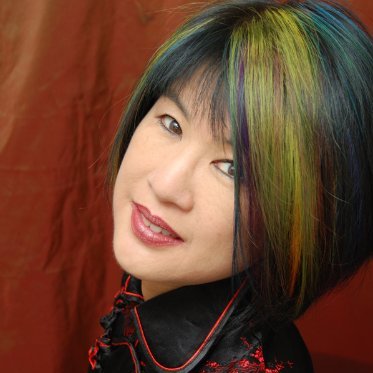New Canadian Media hosted a roundtable at this year’s Metropolis conference (March 26-28, 2015) in Vancouver entitled the “Role of Media in Integrating Immigrants”. Here is a brief summary of the discussion:
Q. Does the media have a role and responsibility in integrating immigrants to Canada? If so, what role should the media have?
- Absolutely. The media serves many purposes: help immigrants learn English (and French) and represent communities effectively.
- However, there should also be discussion around how the media portray immigrants: media can also be the source of misinformation and create “negative poster childs”
- Media should be about “empowering readers” not some “paternal sense of multiculturalism”
- Immigrant community spokespeople tend to be empowered by “mainstream” media (“ethnic media” tend to use the same spokespeople)
Q. Will market forces strengthen immigrant voices given their increasing numbers and importance in society, or is there a risk of marginalization given the financial weakness of the media today?
- Immigrants are already part of the economic mainstream, but largely invisible in the media.
- Over the next 10 years, immigrant voices will be strengthened.
- So-called “ethnic” media need to also reflect the sensibilities of children and grandchildren of immigrants (not just first-generation newcomers)
- Market is highly fragmented and segmented primarily because marketers like it that way.
- Marketers are driven by eyeballs and their “need to silo” audiences. “Mongrel” publications/media don’t do well financially.
- Marketers need to catch up with a dynamic, diversified population
- The television ratings system is broken
Q. Are there specific ways the mainstream and ethnic media can cooperate to ensure all Canadians feel like equal participants in national conversations?
- “Ethnic media” need to adopt industry standards and become a part of communities of practice
- Be aware that there is a “downside to playlists”: that when you segment media you can end up “deepening the divide”: “self-siloing”
- Media should be conscious of their social responsibility
- Size matters and smaller media organizations can learn from larger ones with better-established business models.
Our expert panelists included:

Dr. Catherine Murray, Professor, School of Communication, Simon Fraser University, and co-author of Cultural Diversity and Ethnic Media in B.C. study (2007)

Alisa Choi Darcy, President, Quote EndQuote Cross-Cultural Strategy

Alden Habacon, Director, Intercultural Understanding Strategy Development of the University of British Columbia, founder-publisher of Schema Magazine, and co-founder of Asian Canadian Journalists Association
Jagdeesh Mann, Executive Editor, South Asian Post | Filipino Post | Asian Pacific Post, Vancouver

Randip Janda, Assignment Editor, OMNI BC, Rogers Media

Andrew Griffith, former Director General for Citizenship and Immigration Canada (CIC), and Adviser to New Canadian Media

